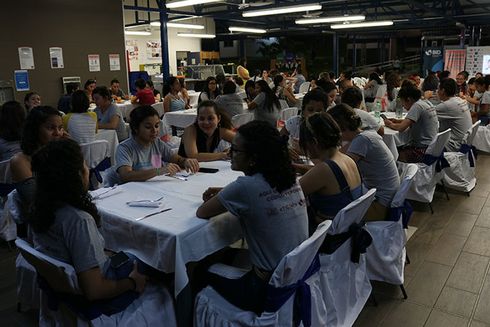
According to the 2023 Gender Gap Report, it will take 131 years to close economic gender gaps. Accelerating the equal integration of women into the labor force requires both smart public policies and inclusive business practices.
Gender Parity Accelerators or Iniciativas de Paridad de Género (IPG by its initials in Spanish) are high-level public-private collaboration platforms that seek to support countries interested in reducing economic gender gaps in identifying and reducing barriers that prevent women from accessing employment opportunities. For this purpose, the Inter-American Development Bank (IDB) and the World Economic Forum (WEF) joined forces in 2016 to promote the IPGs in Latin America. The French Development Agency (AFD by its Spanish acronym) joined the alliance in 2019.
In Latin America, IPGs have been adopted in nine countries: Argentina (2017), Chile (2016), Colombia (2019), Costa Rica (2020), Ecuador (2022), Honduras (2023), Panama (2018), the Dominican Republic (2018), and Mexico (2022).

IPGs seek to identify and reduce the barriers that prevent women from accessing job opportunities on an equal basis. The Initiatives develop and implement three-year actions plans with concrete measures to:
(i) increase women's participation in the labor force,
(ii) reduce the gender wage gap; and
(iii) increase women's participation in leadership positions in the public and private sectors.
IPGs are managed and monitored by a leadership group comprised of high-level government and private sector representatives who guide the process, prioritize efforts, and ensure the progress of established actions. Implementing a consensual action plan allows countries and companies to exchange knowledge and experiences among peers and receive continuous technical support and policy advice during the years of execution. The organizations that adhere to the IPG carry out improvement processes that allow them to position themselves as leaders in diversity and inclusion in the labor market.
More than 500 companies from different countries have committed to applying inclusive business practices through the IPGs.

Since 2016, and until the end of 2022, the Inter-American Development Bank (IDB), in collaboration with the Forum and the French Development Agency (AFD), has implemented IPGs (for their name in Spanish) in nine countries in the region. This document analyzes the road taken in these seven years, presents the results achieved, and proposes measures to strengthen the model.
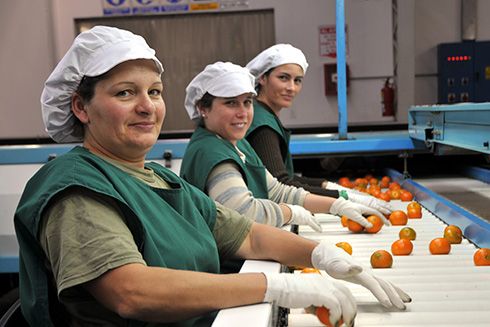
Launched the IPG in 2017 along with a study to identify economic gender gaps in the country’s labor market. 20 companies and 7 governmental organizations have joined the IPG in multiple sectors.

Established the first IPG in Latin America in 2016 helping to develop the IPG methodology for the region. This IPG played a key role in expanding daycare programs across the country. 180 companies implemented gender equality action plans between 2016 and 2020, benefitting 130,000+ women -that is, 7% of wage earners in the private sector.
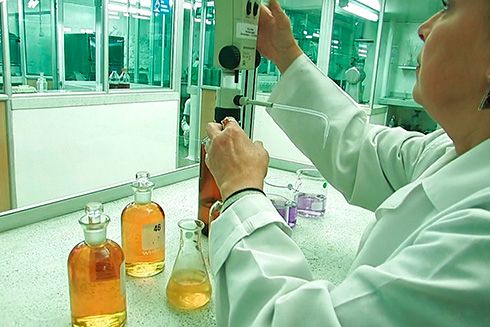
Launched the IPG in 2019, focusing on the acceleration of gender parity in the labor market. The IPG supported the introduction of a two-week paternity leave allowance, one of the highest in the region. The "Equi-Rutas" toolkit was also launched to help companies adopt gender-inclusive practices, and 130+ companies have joined the IPG in multiple sectors.
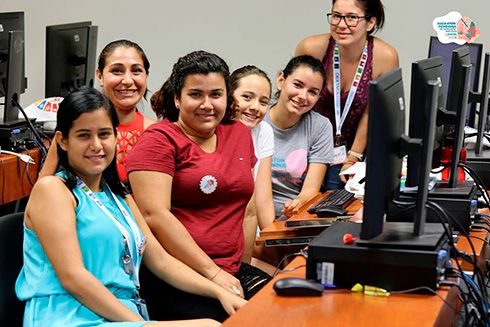
Launched their IPG in 2020, which seeks to formalize and link female entrepreneurs to export markets and expand access to STEM (Science, Technology, Engineering, and Mathematics) education and digital skills training. This IPG fostered a national political dialogue on care, leading to the approval of a National Care System Policy. 100+ companies are already committed to advancing gender equality.

Launched its IPG in 2018. It had a relevant role in regulating telework during the COVID-19 pandemic. 50+ companies have joined the IPG and implemented initiatives to reduce gender inequalities. Companies can use tools from the IPG and are encouraged to submit applications for National Certification of Gender Equality "Sello IgualandoRD”.

Started its IPG in 2022, focusing on advancing women in STEM careers, implementing Ecuador's Violet Economy Bill, promoting gender equality actions in the private sector, and women's leadership initiatives. The "Violet Economy Law" webinar was held in 2023 to address innovative measures to eliminate the gaps that prevent women's labor, educational, social, and political participation.
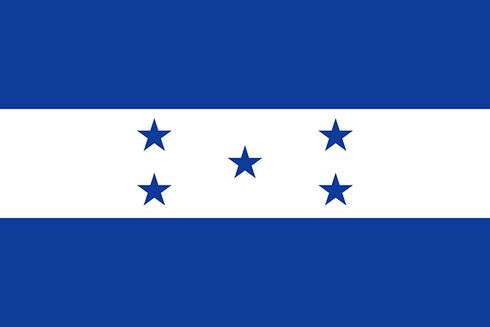
Is preparing its Gender Parity Accelerator using an evidence-based approach to identify gender gaps in the country. The three prioritized economic areas are the private sector, agroindustry, and textile maquila.
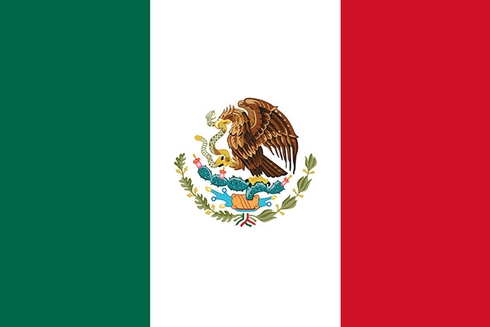
Launched the IPG in 2022 to support women's access to employment under equal conditions, women's participation in the labor force and leadership, as well as to reduce the gender pay gap. The IPG prioritized sectors are tourism, ICT and agroindustry.
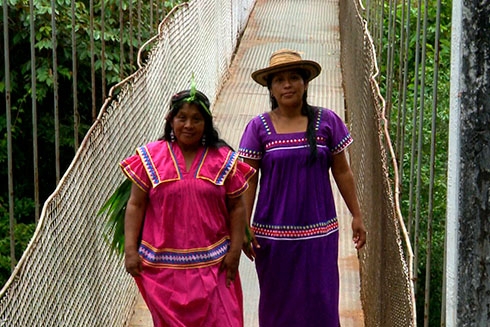
The National Council for Gender Parity was established in 2018 to coordinate gender equality initiatives among various sectors. It helped enact Law 56, which mandates female representation on the boards of directors of state-owned and venture-backed companies. It also supported the Equal Opportunities Law, which seeks to eliminate the gender pay gap. 90+ companies have joined the IPG.
Discover the topics in which we work to improve lives in Latin America and the Caribbean.
Explore our offices across countries and the work they do to improve lives.
